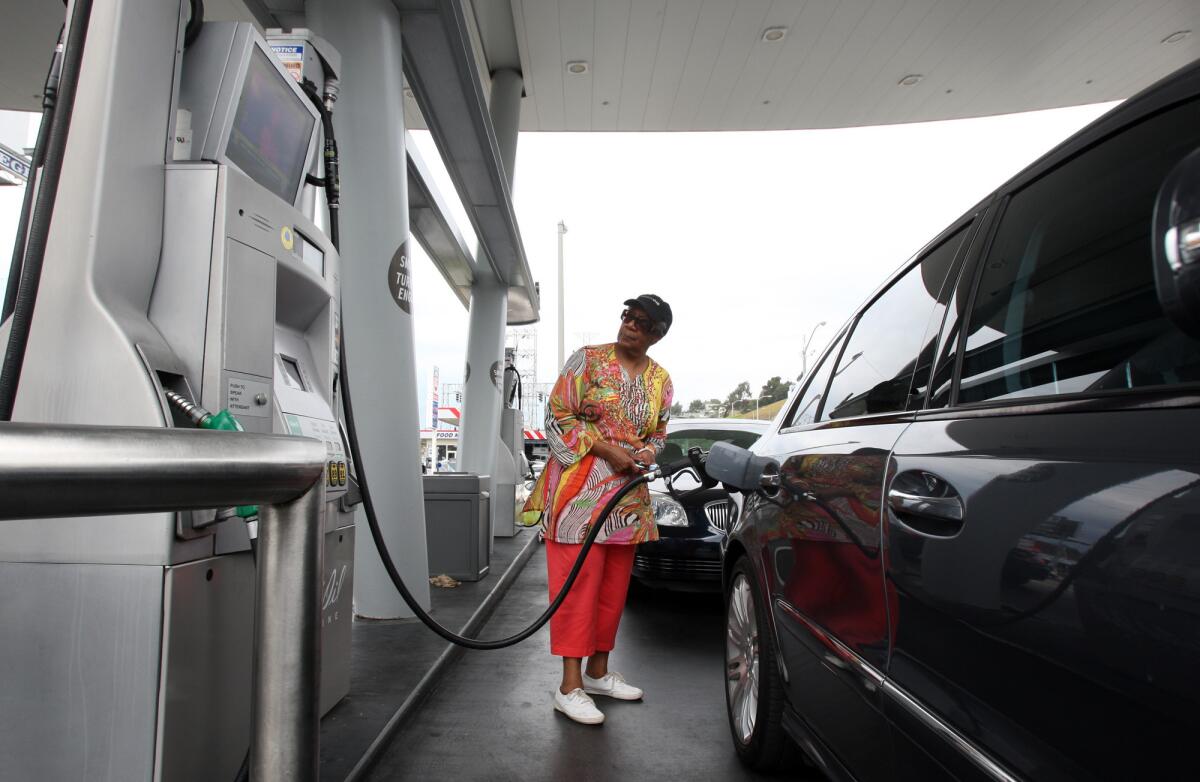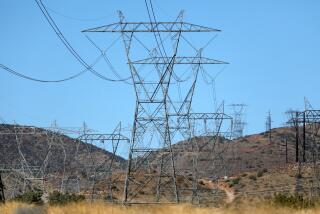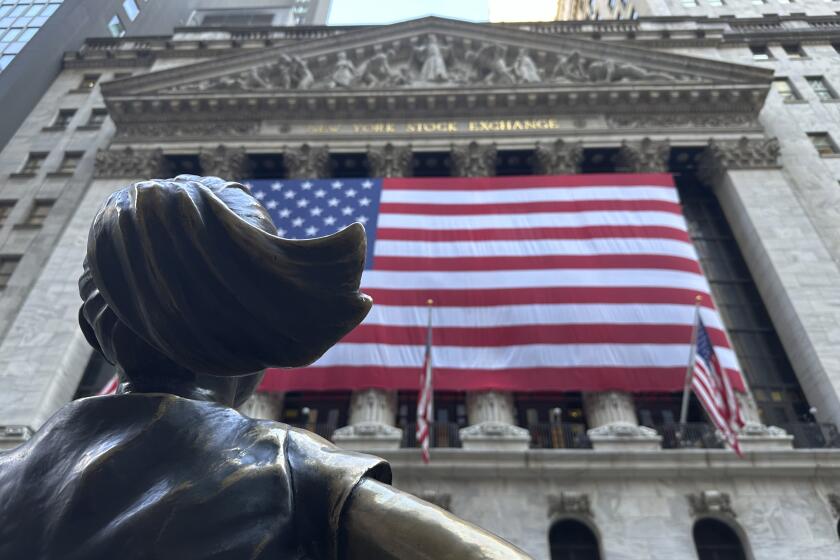Gas prices to rise in January after bill to suspend ‘hidden’ tax fails

A bill pushed by the oil industry, business lobbyists and a bipartisan coalition of lawmakers to suspend a new motor vehicle fuel regulation won’t see the light of day this year.
The group, led by Assemblyman Henry T. Perea (D-Fresno), had been pushing legislation to suspend part of California’s so-called cap-and-trade regulations that were aimed at reducing carbon emissions from cars and trucks. Cap and trade is an auction system to allocate the cost of polluting carbons among industrial and other emitters.
The bill, AB 69, was designed to head off what Perea and allies -- in a major multimedia public relations campaign -- called a “hidden gas tax” of as much as 15 cents a gallon extra that consumers are going to start paying at the pump in January.
Perea’s bill never got a hearing.
In a letter Friday, Senate President Pro Tem Darrell Steinberg (D-Sacramento) wrote to Perea to say he would not authorize a legislative hearing.
“A measure of this importance should not be considered in the final weeks of a two-year session” that ends Sunday, Steinberg wrote.
The Senate leader stressed that he shares Perea’s concerns about the effect of higher fuel prices on consumers, especially low-income people. However, those issues need to be weighed against the health and environmental concerns of failing to combat global warming and air pollution.
“Business as usual is unsustainable,” Steinberg said. “Inaction is not an option.”
Perea said he was disappointed that the bill did not get a hearing that allowed for a full debate between supporters and opponents of what he called a gas tax. The regulations are expected to raise $2 billion to $3 billion in new state government revenue next year.
Perea said his goal next year is to use some of the money raised by the tax to provide financial relief to low-income Central Valley constituents, who need their cars to drive long distances to and from jobs.
marc.lifsher@latimes.com
Twitter: @MarcLifsher
More to Read
Inside the business of entertainment
The Wide Shot brings you news, analysis and insights on everything from streaming wars to production — and what it all means for the future.
You may occasionally receive promotional content from the Los Angeles Times.







